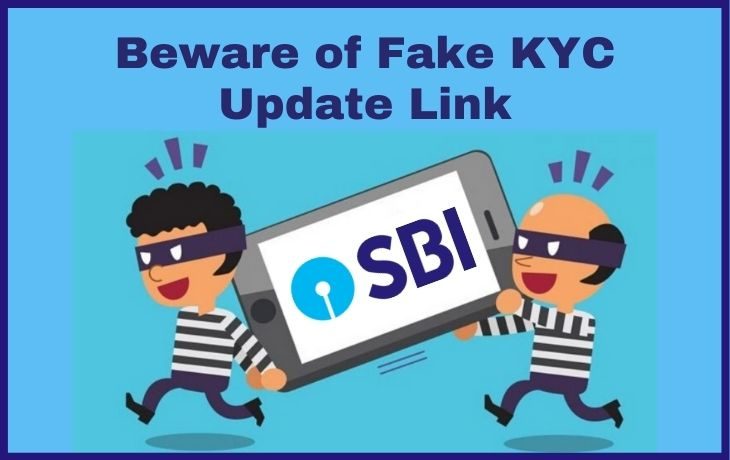State Bank of India (SBI) has cautioned its clients with respect to the expanding instances of online misrepresentation. The bank gave a caution through a post on Twitter, alarming individuals that fraudsters are duping individuals for the sake of their Know Your Customer (KYC) check. SBI said in a tweet, KYC misrepresentation is genuine and it has spread the nation over. Fraudsters are sending instant messages acting like bank/organization agents to get your own subtleties.
SBI account holders likewise should be cautious as of late India’s biggest loan specialists have permitted archives for KYC update to be acknowledged through mail or post. This will profit clients who are confronting challenges because of the neighborhood lockdown forced to forestall the second influx of corona infection plague.
Follow these three hints to keep away from fraudsters!
Think prior to tapping on any connection.
The bank never sends the connection for refreshing KYC.
Try not to share your portable number and secret information with anybody.
How to Report KYC Fraud?
The bank has forewarned its clients to report any unapproved exchanges in their financial balances right away. In the event that any unapproved exchange is found in your ledger, report it quickly to the complimentary client care number – 18004253800, 1800112211. You should document a report with the cybercrime office.
What Is KYC Verification?
KYC implies Know Your Customer. This is a significant advance by the banks to guarantee that their clients are certified. Last month, the Reserve Bank of India (RBI) asked banks and other controlled monetary establishments not to force any punishment on clients who don’t refresh KYC by December 31, 2021.
The Public Authority Likewise Forewarned
The Ministry of Home Affairs has likewise cautioned about KYC misrepresentation. The Ministry of Home Affairs has said that be careful with KYC/distant access application extortion. These days fraudsters are requesting that individuals complete KYC by calling or SMS. Along these lines, they are doing crimes by getting their own information from individuals.


